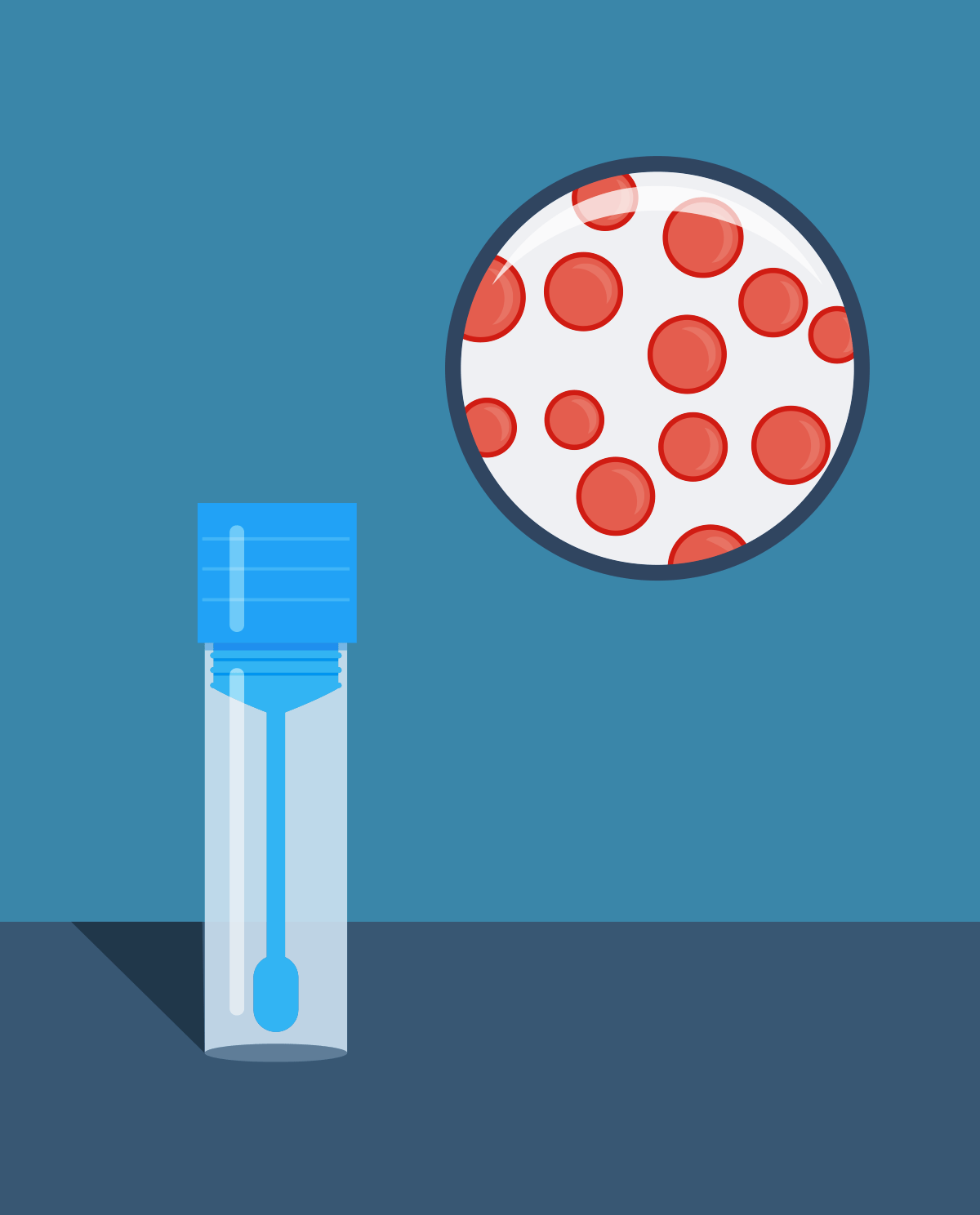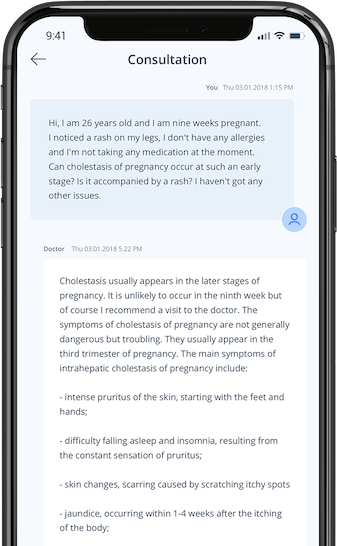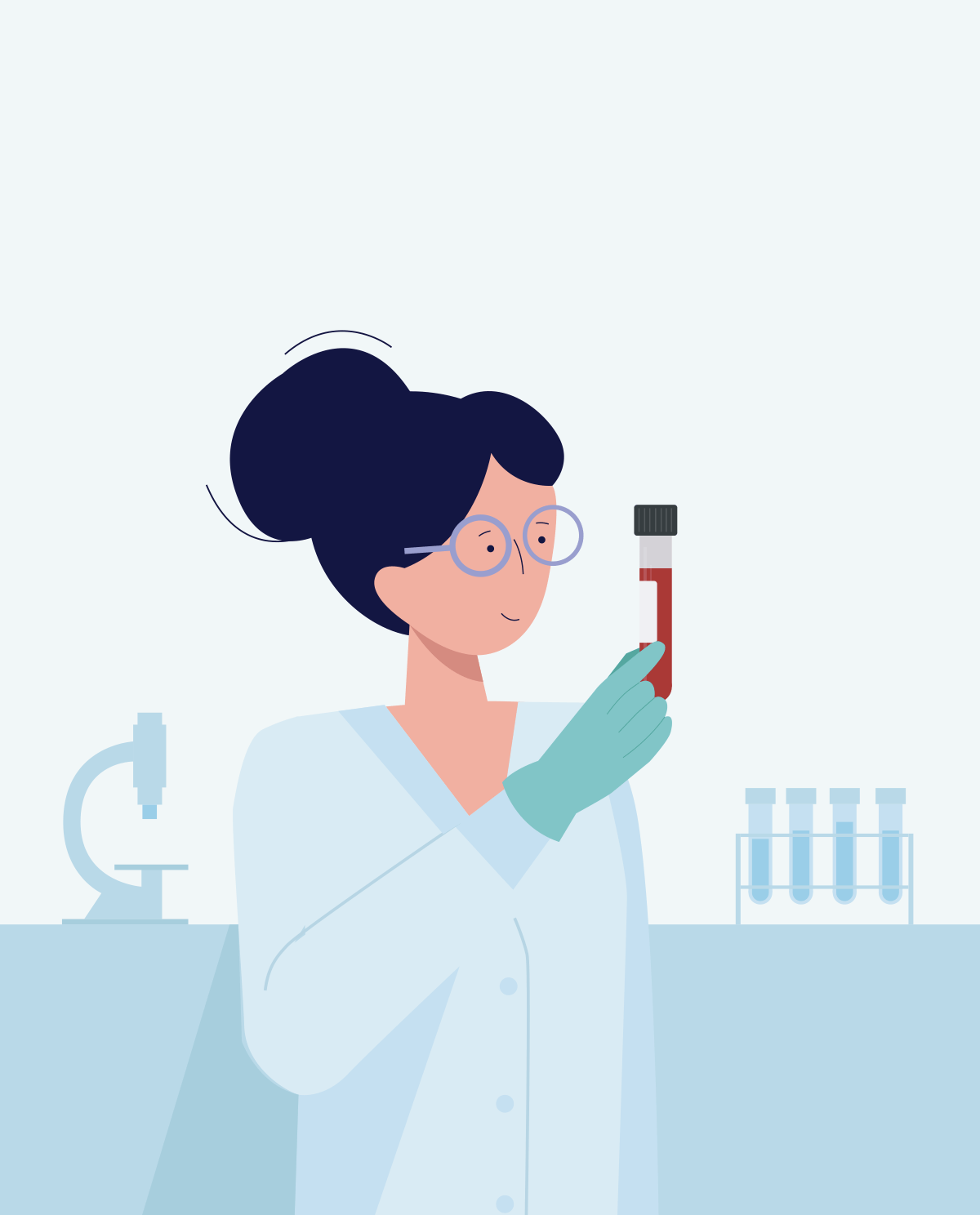Blood in the feces is so small that it does not change the colour or consistency of the stool, which can go unnoticed by us. Testing for faecal occult blood should be performed in every person over 50, because it is a screening test for colorectal cancer. FOBT (fecal occult blood test) is recommended at an earlier age in people with families affected by colon cancer. Other indications include: recurrent abdominal pain, alternating diarrhea and constipation, black stools, digestive problems, sudden weight loss, and anemia and its symptoms.
Which fecal occult blood test should I choose?
Examination of faecal occult blood may be performed both in the laboratory and at home. The following methods are currently available on the market:
stool guaiac test:
- these are the most frequently selected tests.
- before taking faeces for analysis, it is necessary to follow a diet with the exclusion of certain foods (eg meat, horseradish), which reduces the risk of a false positive test.
- they detect heme, i.e. the component of red blood cells. In the presence of blood, guaiacol acid, added to the sample in the test, becomes blue due to the oxidation reaction.
- a one-off test detects only occult blood in about ⅓ of patients, hence a series of 3 determinations is required.
- the price of a single guaiacol test is about $5*.
immunohistochemical tests:
- these are the most sensitive tests.
- diet doesn’t affect the test results.
- thanks to the use of specific antibodies, they detect proteins indicating the presence of blood (albumin, hemoglobin and globin). The blood present in the sample causes the formation of immune complexes.
- the cost of a latent blood immunohistochemical test is about $10*.
porphyrin test:
- allows for the quantitative assessment of hemoglobin (which is a component of red blood cells) in faeces.
- It is relatively difficult to obtain this test.
tissue paper test:
- Involves the use of test papers that are thrown into the toilet after excreting the feces.
- Despite checking the credibility of the test by using a control paper, there is always the risk that toilet cleaners might interference with the test result and its adulteration.
- The home test for occult blood is the least reliable and is only indicative.
- The cost of a home test is $10* and can be purchased at almost any pharmacy.
How to prepare a sample correctly
1. The purchase of special containers in a laboratory or pharmacy
Before the test, you must obtain special test tubes containing the transport liquid with an applicator attached to the plug and prepare a clean, dry container that will serve as a toilet. This is to avoid stool dilution with water or contamination with urine from the toilet. The test tubes should be stored in a refrigerator and warmed to room temperature on the day of stool collection.
2. We recommend that you take 3 samples, for 3 days
It is recommended that you take stool samples for 3 days using 3 further tubes. Collected samples should be stored at a low temperature, preferably in a refrigerator. After collecting the last sample, the samples must be delivered to the collection point as soon as possible.
3. Stool examination in case of constipation
- In people with constipation, fecal collection may cause problems. To facilitate bowel movements, it is worth increasing the amount of fluids and fiber consumed in the diet, which is present, for example, in groats, bran, fruit and vegetables.
- Stool softeners, such as lactulose or paraffin, are mild drugs used to treat constipation and theoretically should not affect the test result, so they can be used.
- Suppositories applied improperly can cause slight injuries to the mucous membrane and cause delicate bleeding, which is why they are not recommended.
- As part of the preparation for the examination of faecal occult blood, laxatives are not recommended. Substances based on anthranoids, castor oil or phosphate salts can lead to numerous and profuse bowel movements. Very often, this results in bleeding from the hemorrhoids, caused by strong pressure.
4. Sampling technique
It’s a good idea for the bladder to be completely empty before you prepare your fecal sample. Once the faeces is in the prepared container, use the applicator to take samples from 2-3 places, then mix them with the liquid in the test tube. Care must be taken when opening the tube and adding faeces, be careful not to drop it into the liquid too forcefully. After adding a stool sample, the tube should be carefully closed and shaken several times to mix the stool with the liquid.
5. Situations in which the test should not be performed
- during menstruation, or 3 days before or after it,
- during bleeding caused by constipation,
- when you have bleeding hemorrhoids,
- when you have bleeding from an anal fissure,
- after incidents of nosebleeds or bleeding gums,
- after tooth extractions,
- after rectal administration of drugs,
- after anal relations,
-
when taking laxatives, high doses of vitamin C, salicylates, iron preparations, aluminum compounds and bismuth.
-
All prices given in this article are approximations converted from Polish złoty (PLN) to US Dollars ($), 2019.
- Interna Szczeklika 2018 Handbook of Internal Diseases Authors: Piotr Gajewski, Andrzej Szczeklik Publisher: Medycyna Praktyczna
- http://www.mp.pl
- https://www.mp.pl/pacjent/gastrologia/lista/87325,badanie-kalu-na-krew-utajona
- https://wylecz.to/badania-laboratoryjne/test-na-krew-utajona-w-kale-jakie-badanie-na-krew-utajona-wybrac/
- https://www.mp.pl/gastrologia/diagnostyka/69626,badanie-krwi-utajonej-w-stolcu








